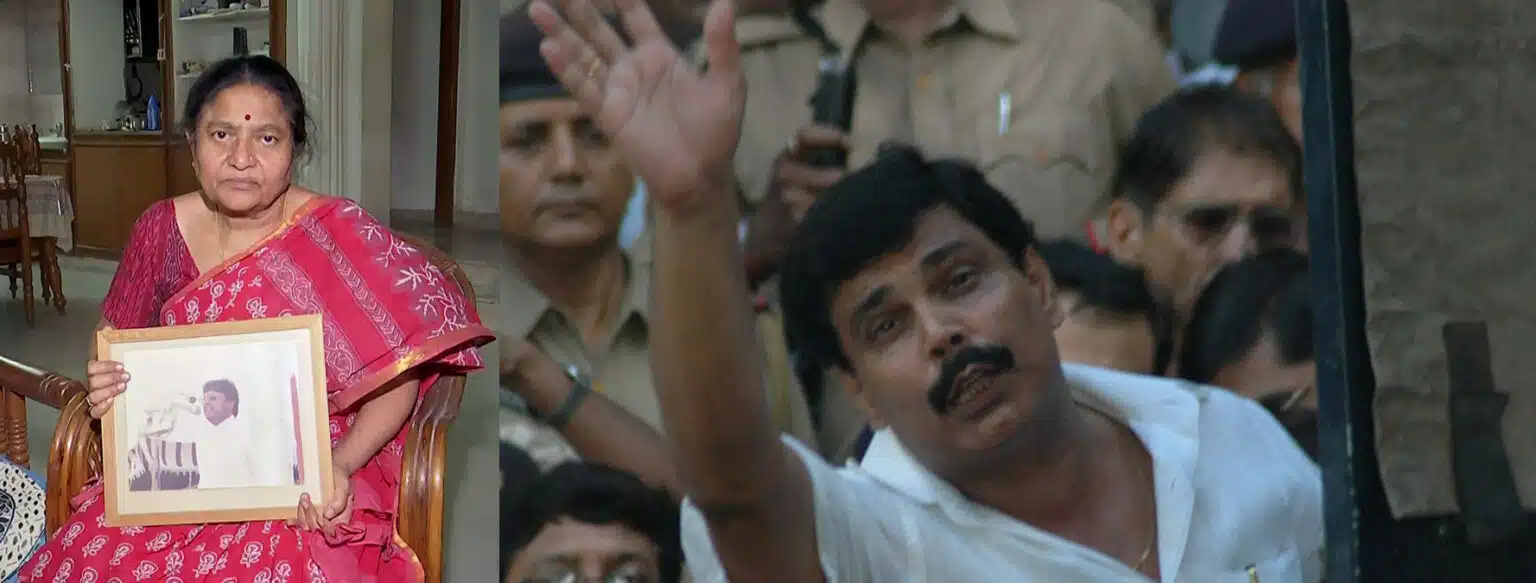Anand Mohan’s Parole Raises Questions about Justice
The wife of slain IAS officer, Satyendra Dubey, has moved the Supreme Court against the release of former MP Anand Mohan. Mohan was serving a life sentence for his role in Dubey’s murder but was granted bail by the Patna High Court on medical grounds.
The case has received widespread attention due to the high-profile nature of the crime and the involvement of a former MP. Dubey, who was working as a project director for the National Highways Authority of India, was murdered in 2003 after he exposed corruption in the construction of the Golden Quadrilateral project.
The Background of the Case


Satyendra Dubey’s murder is one of the most high-profile cases of corruption-related violence in India. Dubey had written a letter to the Prime Minister’s Office highlighting corruption in the construction of the Golden Quadrilateral project, which resulted in his murder.
Anand Mohan, who was a Member of Parliament at the time, was among those accused of orchestrating Dubey’s murder. Mohan was sentenced to life imprisonment along with two others in 2007.
Anand Mohan’s Release on Bail

Anand Mohan was granted bail by the Patna High Court on medical grounds on April 26, 2024. The court had taken into account Mohan’s age and deteriorating health while granting him bail.
The decision to grant bail to Mohan has been criticized by many who argue that it sends a wrong message to those involved in corruption-related violence. Mohan’s release has also raised concerns for the safety of Dubey’s family members.
Wife of Slain IAS Officer Approaches Supreme Court

Dubey’s wife, Kanti Dubey, has approached the Supreme Court challenging the Patna High Court’s decision to grant bail to Anand Mohan. In her plea, Dubey has argued that Mohan’s release poses a threat to the safety of her family members.
The Supreme Court is expected to hear Dubey’s plea soon. The case has once again highlighted the need for stronger laws to protect whistleblowers and their families in India.
The Significance of Dubey’s Murder

Satyendra Dubey’s murder is a stark reminder of the risks faced by whistleblowers in India. Despite laws to protect whistleblowers, many continue to face threats and violence for speaking out against corruption.
The case also highlights the need for greater accountability in public projects and the need for a stronger legal framework to combat corruption in India. Dubey’s murder remains a symbol of the fight against corruption in the country, and his legacy continues to inspire others to speak out against corruption.
Implications of Anand Mohan’s Release

Anand Mohan’s release has been met with widespread criticism from various quarters, including the family members of the deceased IAS officer. Many people believe that it sets a dangerous precedent and sends a wrong message to the society. There are concerns that the release of a convicted criminal, who was found guilty of heinous crimes, could embolden other criminals and undermine the rule of law.
Furthermore, some people argue that the release of Anand Mohan could have political implications. Anand Mohan was a former MP and a prominent leader of the Bihar-based political outfit, the Janata Dal (United). His release could give a boost to his political career and strengthen his position within the party. There are concerns that this could have implications for the upcoming state elections, as well as the overall political landscape of Bihar.
The release of Anand Mohan on bail has reignited the debate over corruption-related violence in India. The case has once again brought to the fore the need for greater protection for whistleblowers and their families. The Supreme Court’s decision on Dubey’s plea will be closely watched, as it has the potential to set a precedent for similar cases in the future.












